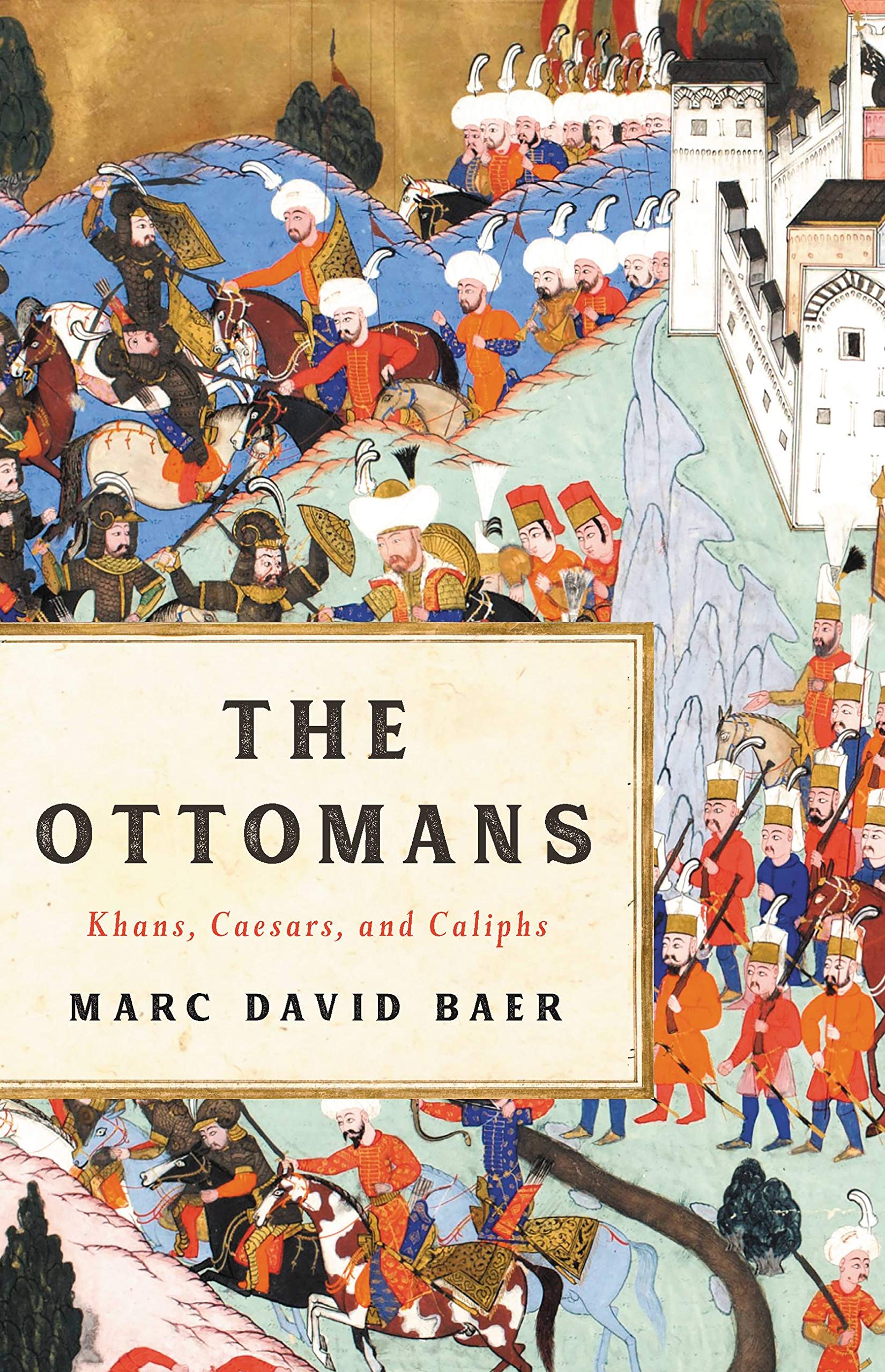2018 School Spending Survey Report
The Ottomans: Khans, Caesars, and Caliphs
COPY ISBN
 In his latest book, Baer (history, London Sch. of Economics; Honored by the Glory of Islam) expertly captures the undercurrents of Ottoman history that he says made the empire’s rule perilous at times: the recurring threat (at least, in the empire’s view) posed by dervish sects and the emergence of the Jewish messiah Sabbatai Zevi in the 17th century; the influence of Janissaries on imperial policy; and the eventual immuring of the sultan in his palace and his removal from active governance. The most useful insight Baer offers is that historians do the Ottomans a disservice by treating them as a non-European “Other.” In their glory days, the emperors in fact saw themselves as inheritors of Western tradition, Baer writes, and they governed a population that was at least one-third Rum (Roman). Baer effectively explains that the winds of unrest that swept the West in the 17th century swept the East as well, so Western historians do no service to history by slighting the commonalities between Western nation-states and the Ottomans.
In his latest book, Baer (history, London Sch. of Economics; Honored by the Glory of Islam) expertly captures the undercurrents of Ottoman history that he says made the empire’s rule perilous at times: the recurring threat (at least, in the empire’s view) posed by dervish sects and the emergence of the Jewish messiah Sabbatai Zevi in the 17th century; the influence of Janissaries on imperial policy; and the eventual immuring of the sultan in his palace and his removal from active governance. The most useful insight Baer offers is that historians do the Ottomans a disservice by treating them as a non-European “Other.” In their glory days, the emperors in fact saw themselves as inheritors of Western tradition, Baer writes, and they governed a population that was at least one-third Rum (Roman). Baer effectively explains that the winds of unrest that swept the West in the 17th century swept the East as well, so Western historians do no service to history by slighting the commonalities between Western nation-states and the Ottomans.
VERDICT There’s no study more masterful than Baer’s on the lengthy rule of the Ottoman Empire, from its founding in the 13th century to its collapse in 1924. Baer is especially skilled at presenting extensive information in an engaging and accessible way.
RELATED
ALREADY A SUBSCRIBER? LOG IN
We are currently offering this content for free. Sign up now to activate your personal profile, where you can save articles for future viewing




Comment Policy: